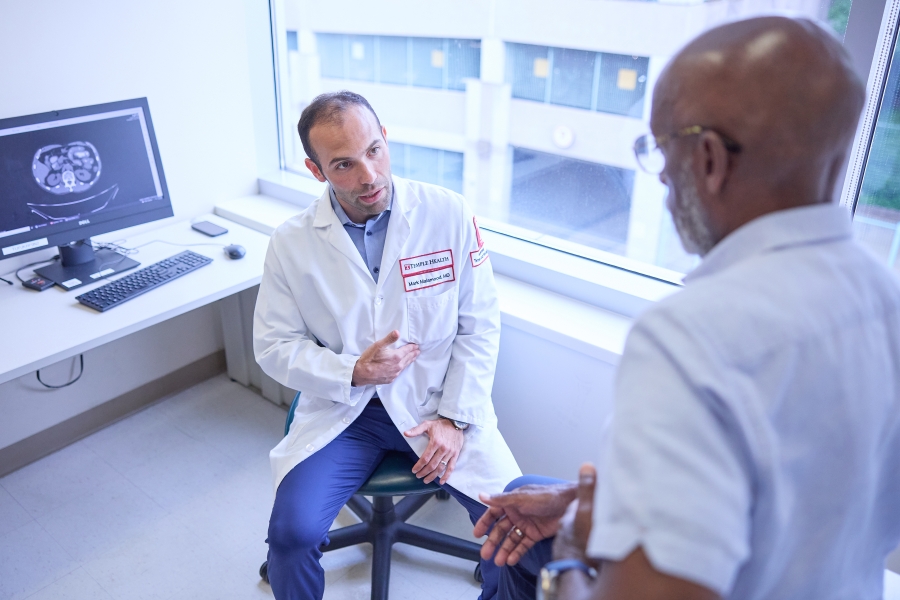Hemorrhoids are swollen veins in the anal canal. Of course, everyone has veins in this area, but when they become enlarged they can bleed, itch and cause pain.
Hemorrhoids can be located internally, externally or sometimes both. While rarely a serious condition, hemorrhoids certainly cause a lot of discomfort and concern. I previously discussed treatments you can do at home to get relief. These treatments included hydration, fiber, sitz baths, soothing wipes, ointments, creams, suppositories and more. But what do you do when this does not solve the problem?
When Should You Go to the Doctor for Hemorrhoids?
Again, before assuming that your condition is hemorrhoids, it's a good idea to see your doctor for an examination. After all, it's difficult to take a look for yourself. If there is any bleeding, severe pain or fecal incontinence (loss of bowel control), you should definitely see the doctor. A large amount of bleeding or the sudden onset of severe pain means you should seek medical treatment immediately.
What Kind of Doctor Treats Hemorrhoids?
In most cases, you can see a primary care physician about your hemorrhoid symptoms. But if there are complications, your doctor may refer you to a specialist, such as a gastroenterologist or a proctologist (surgeon).
How Do Doctors Treat Hemorrhoids?
Doctors can treat hemorrhoids by prescribing medications or by performing minor surgery to major surgery. Here are several treatment options:
